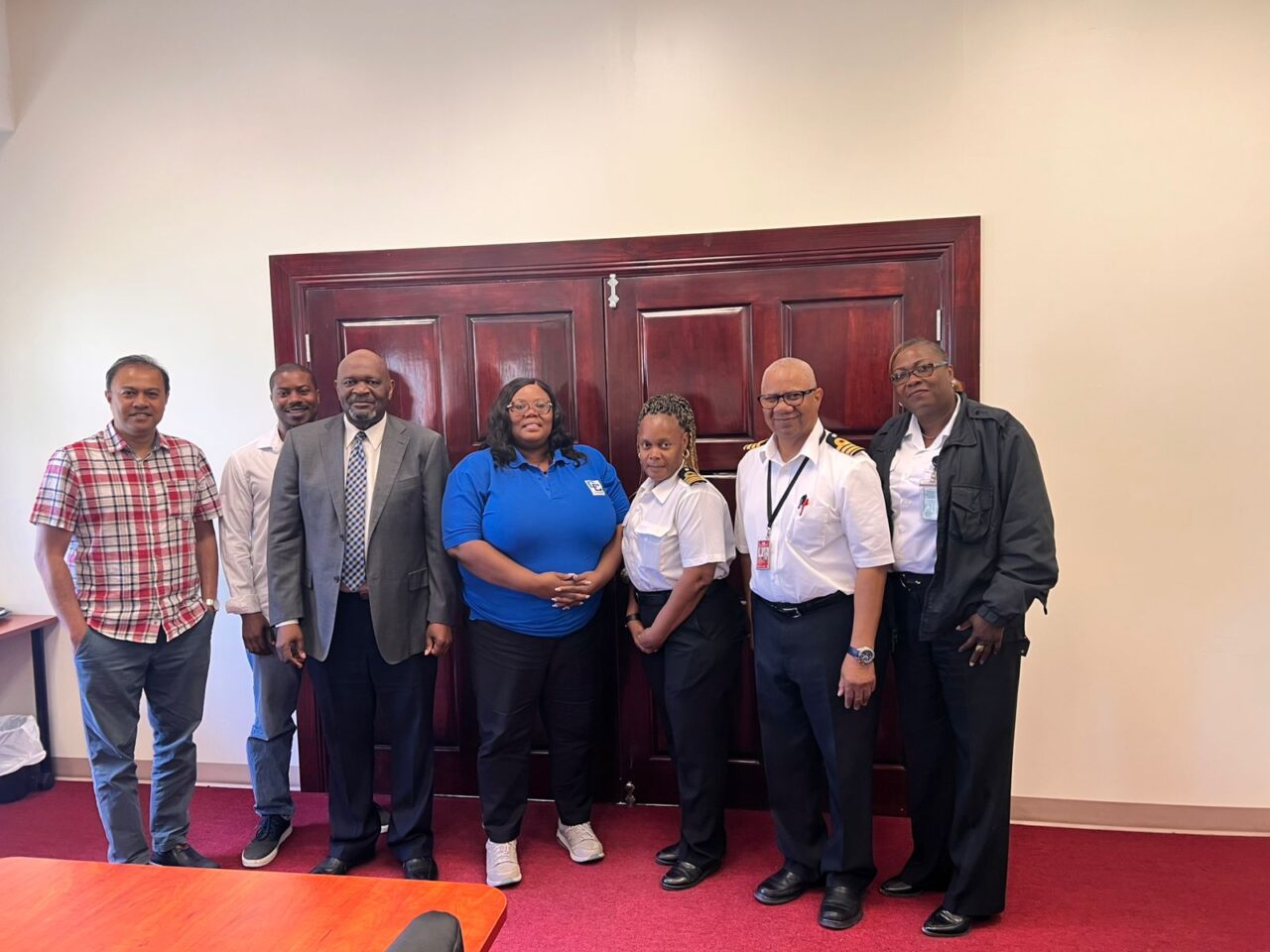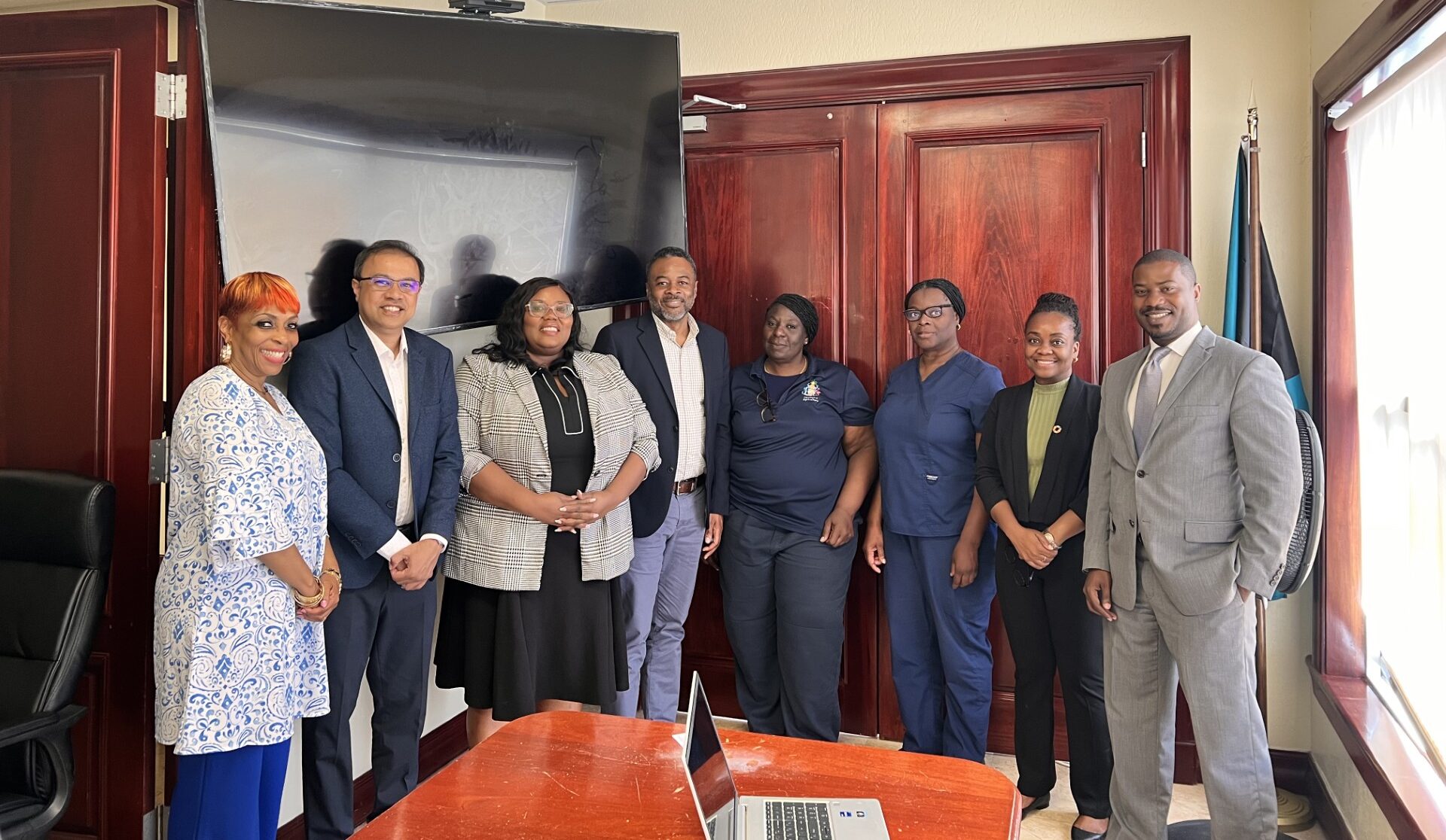The Bahamas is gearing up to launch an electronic system to modernise the regulation of international trade in wildlife. This milestone reflects The Bahamas’ commitment to global best practices for sustainable wildlife trade and positions the country as a regional leader in digital environmental governance.
The system – electronic Convention on International Trade in Endangered Species of Wild Fauna and Flora (eCITES)-Permitting System – is an initiative of the Caribbean Hub’s efforts under the ‘Capacity Building related to Multilateral Environmental Agreements (MEAs) in African, Caribbean and Pacific Countries (ACP MEAs) Project. The project supports enforcement and compliance with biodiversity-related conventions.
Developed with technical support from the CITES Secretariat, eCITES leverages modern information and communication technologies and international electronic data standards to streamline the permitting process. It also enhances efforts to combat illegal wildlife trade and promotes legal, sustainable international commerce in wild species.
Following successful pilot testing and system integration with the national customs platform, the Department of Agriculture of The Bahamas will officially launch the new eCITES system. Once fully operational, the eCITES system will enable agencies such as the Departments of Agriculture, Marine Resources, and Customs to better regulate and monitor wildlife trade, ensuring compliance with both national and international standards.

To support the national launch of the system, the Caribbean Community (CARICOM) Secretariat, in collaboration with the Secretariat of the Convention on International Trade in Endangered Species of Wild Fauna and Flora (CITES), completed a two-day mission to The Bahamas last month.
The visit was conducted in partnership with the Bahamas Department of Agriculture, Department of Marine Resources, and the Bahamas Agricultural Health and Food Safety Authority (BAHFSA). Team members conducted site visits, held direct engagements with The Bahamas’ CITES Management and Scientific Authorities, and led hands-on training for enforcement officers.
The team also reviewed system integration and facilitated knowledge transfer to ensure the effective implementation of eCITES through The Bahamas’ national single window platform, Click2Clear.
“This initiative will mark a significant milestone in The Bahamas’ efforts to align with global best practices for sustainable trade in wildlife. It also serves as a pilot that other CARICOM Member States can use to develop similar monitoring and reporting tools for combating illegal trade in wildlife,” said Ms. Teshia Jn Baptiste, Project Coordinator for the ACP MEAs Project.
CITES Secretary-General, Ivonne Higuero, added: “As CITES marks 50 years since its entry into force this year, we welcome the continued effort by the government of The Bahamas in advancing eCITES towards strengthened implementation of the Convention.”
Editor’s Notes:
For media enquiries:
- Communications Unit| CARICOM Secretariat| Email: media@caricom.org| Website: https://caricom.org
- cites-media@un.org
For general enquiries: info@cites.org
About CARICOM
The Caribbean Community (CARICOM) was established on 4 July 1973 with the signing of the Treaty of Chaguaramas, which was revised in 2001 to allow for the establishment of a single market and economy. The Community comprises fifteen Member States and six Associate Members. It is home to approximately sixteen million citizens, 60% of whom are under 30 years old. CARICOM rests on four main pillars: economic integration; foreign policy coordination; human and social development; and security cooperation. Through the combined efforts to build a “Community for All”, it remains one of the best examples of integration in the developing world and is the oldest surviving integration movement.
The CARICOM Secretariat, the principal administrative organ of the Community, is headquartered in Georgetown, Guyana.
Follow CARICOM on social media:
· X
About CITES
The Convention on International Trade in Endangered Species of Wild Fauna and Flora (CITES) was signed on 3 March 1973 and entered into force on 1 July 1975. With 185 Parties (184 countries + the European Union), it remains one of the world’s most powerful tools for wildlife conservation through the regulation of international trade in over 40,900 species of wild animals and plants. CITES-listed species are used by people around the world in their daily lives for food, health care, furniture, housing, tourist souvenirs, cosmetics or fashion. CITES seeks to ensure that international trade in such species is sustainable, legal and traceable and contributes to both the livelihoods of the communities that live closest to them and to national economies for a healthy planet and the prosperity of the people in support of UN Sustainable Development Goals.
Follow CITES on social media:
· Threads
Find out more: https://cites.org/eng



